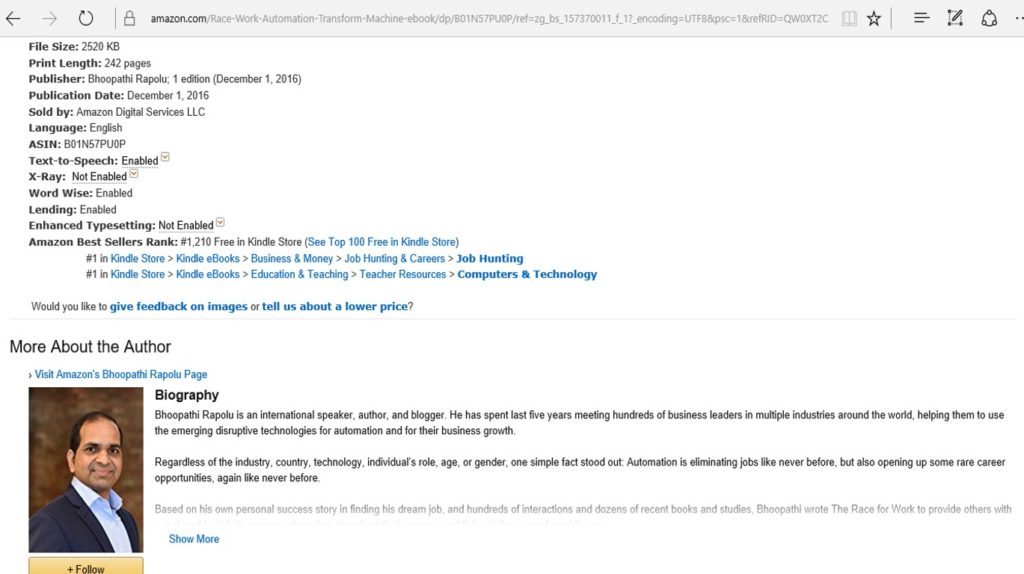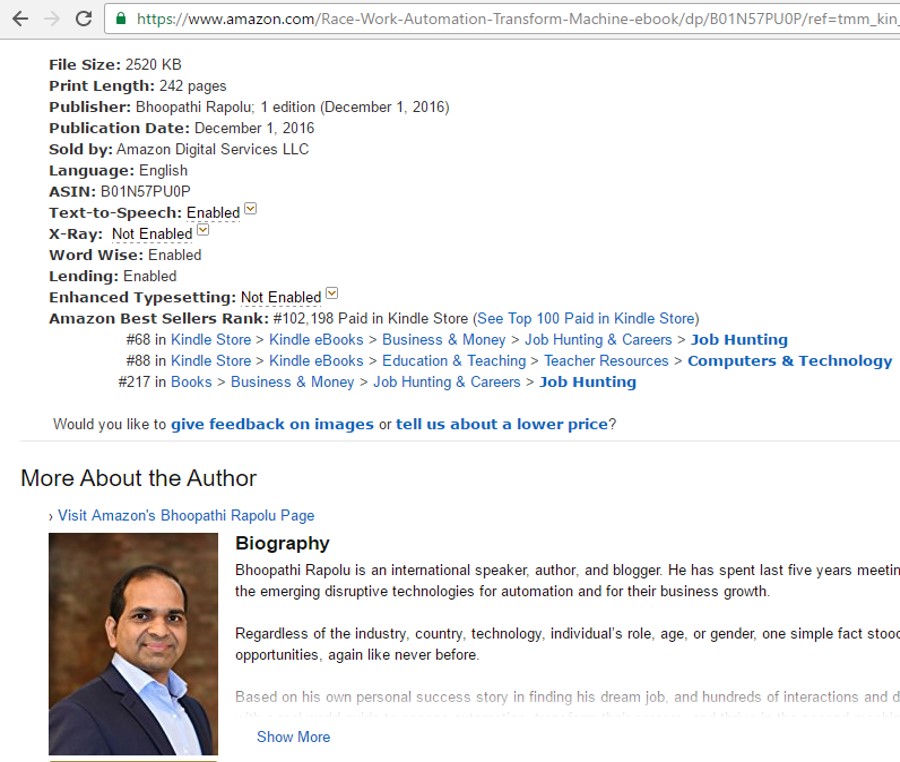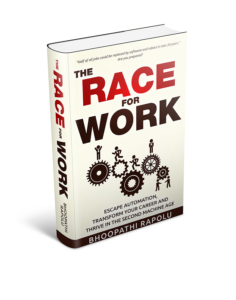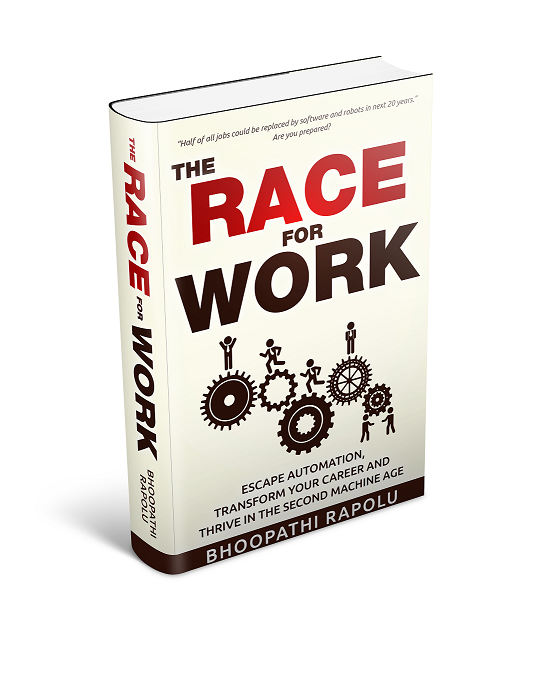
Throughout the COVID-19 pandemic, many people have suddenly found themselves unemployed. If you unexpectedly lost your job, you might be wondering how you can secure a remote position to stay safe at home while earning income. For inspiration on making your next big career move, pick up The Race for Work, and if you’re ready to start your remote job search, following these tips will help you impress employers and land your next position.
Target the Right Industry
Perhaps you’d like to find a remote job in the same field you were working in previously, or maybe you would like to seek out opportunities in a different industry. No matter what, it’s important to get clear on what types of jobs you’d like to apply for before you begin revising your resume and looking for openings.
Today, you can find remote jobs in a wide variety of industries, and by checking out online job boards, you’ll be able to see which skills are in demand in your chosen field. Explore current openings and note which positions you might be interested in pursuing. For instance, you may want to look into in-demand fields like content writing, software development, sales and marketing, customer service, or administrative support. If you need a change of pace in your professional life, think about which transferable skills you’ve mastered that will be most useful in other fields.
Polish Your Virtual Presence
When you’re searching for a remote job, you should anticipate that your potential employers will be checking out your virtual presence. Before you begin sending out applications, take a look at all of your social media accounts, and delete any posts that might be seen as offensive.
It’s also important to set up an informative, organized profile on LinkedIn. LinkedIn is the most useful social network for job seekers, so you’ll want to focus on making a great first impression with your profile! LiveCareer recommends using industry-specific keywords in your summary and job descriptions to make it easy for recruiters and hiring managers to find your profile.
Rehearse for Remote Interviews
If you’re interviewing for a remote position during the pandemic, you probably will not be meeting with the hiring manager in person. Instead, you should get ready for phone and video interviews. If the hiring manager schedules you for a phone interview, you can write down notes that you can refer to during your call – this can help jog your memory if you draw a blank when asked a question.
Alternatively, the hiring manager might schedule you for a video interview. Reed recommends choosing a clean, quiet space for video interviews and dressing professionally. You should also tell your loved ones not to interrupt you during this time.
Make a Great First Impression
Once you’ve landed your new remote job, you’ll want to prove to your employers that you’re an asset to the company. When you’re not in the same office as your manager and coworkers, clear, consistent communication is key, so make sure to reply to all emails and messages in a timely fashion. And when you’re ready, don’t hesitate to ask for more responsibility! Whether you’re working together in person or remotely, taking initiative is the key to keeping your job.
Becoming unemployed can be discouraging. Thankfully, countless companies are currently hiring for remote positions. If you prepare accordingly, you’ll be able to get hired by a new company from the comfort of your home!
Ready to take your career in a new direction? From a best-selling book to informative blog posts, Bhoopathi Rapolu has the resources you need to advance professionally. Follow him on Twitter: @bhoopathi
– Guest post by Katie Conroy from Advicemine.com
Photo via Pexels


















